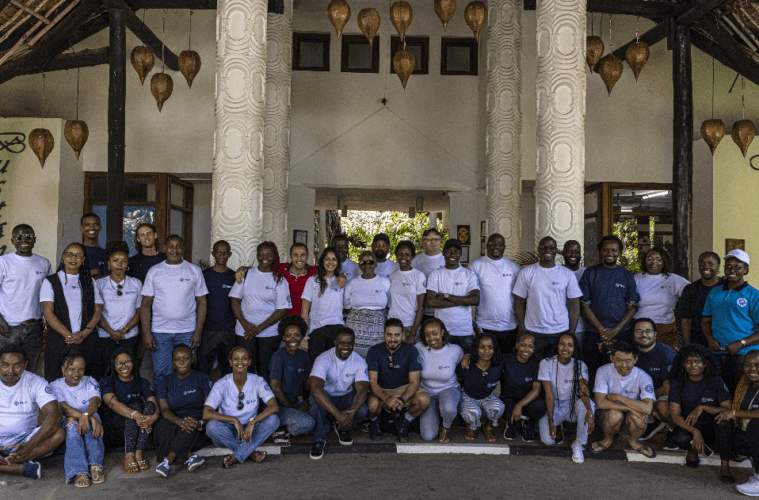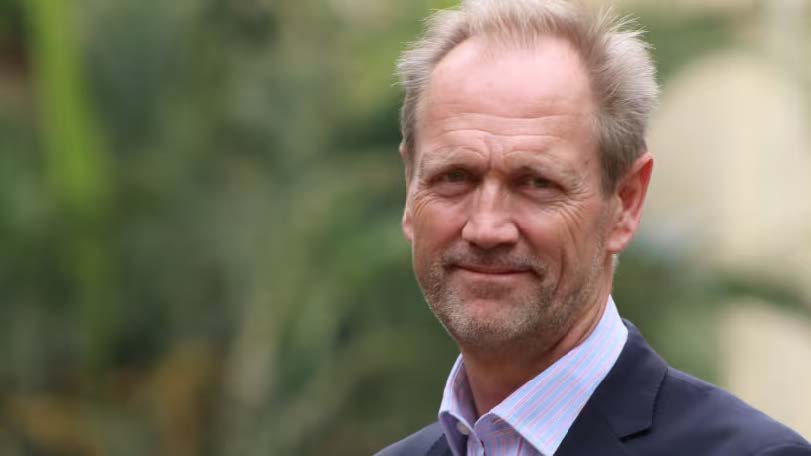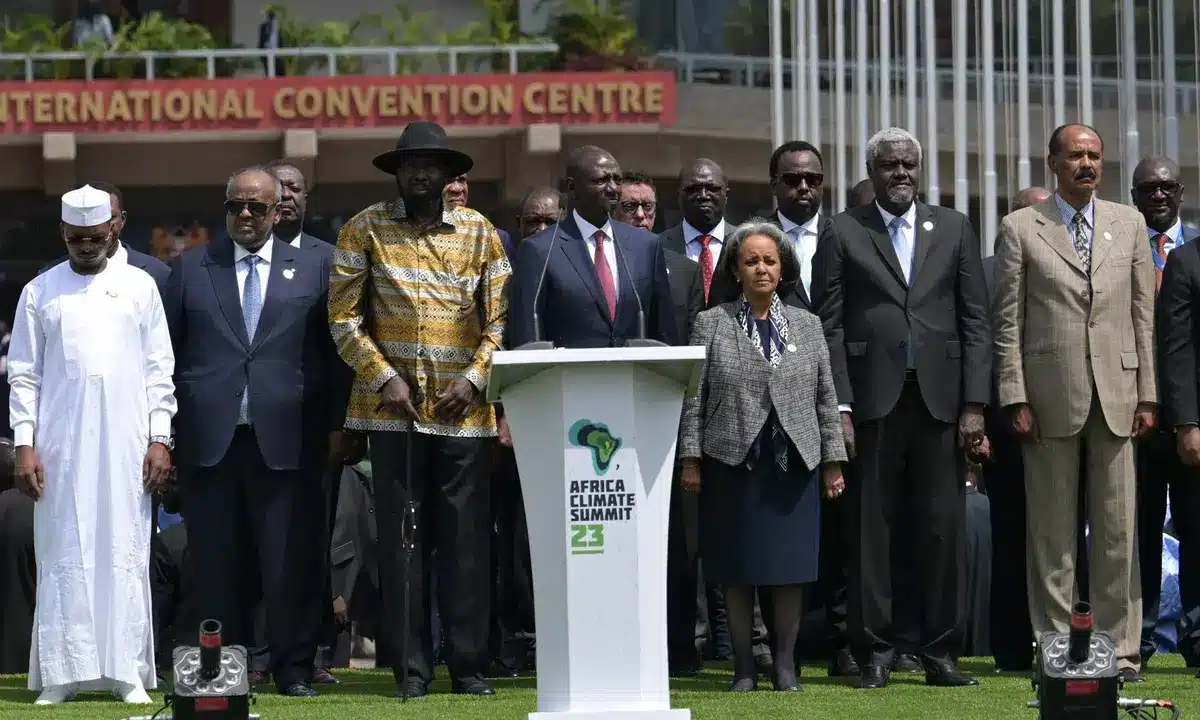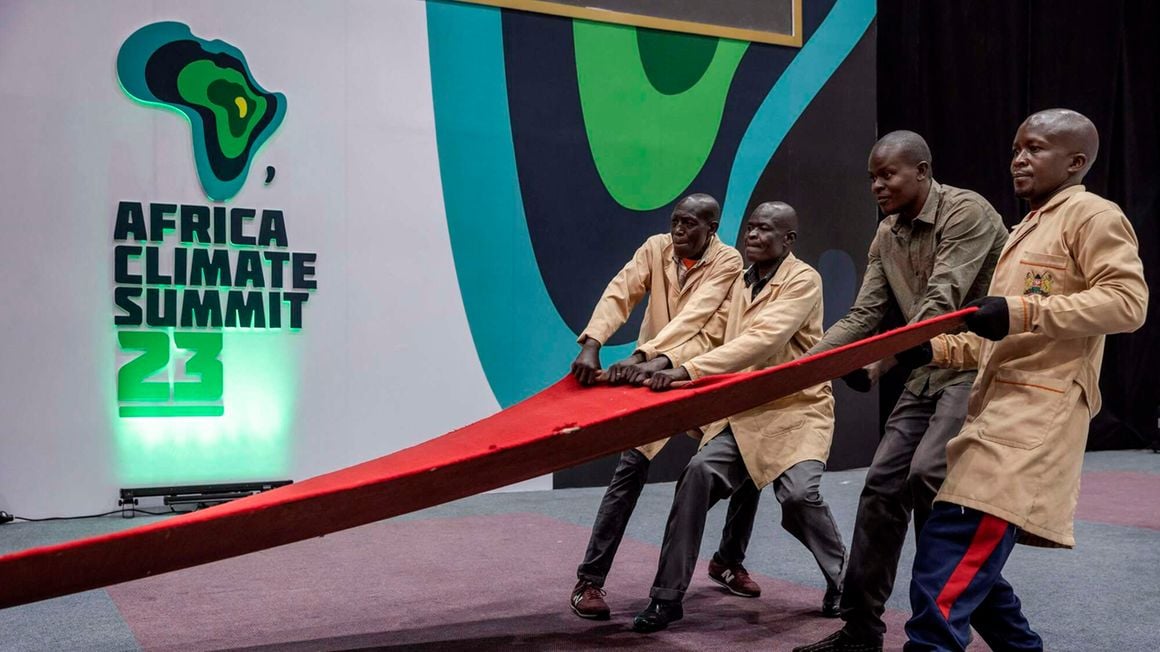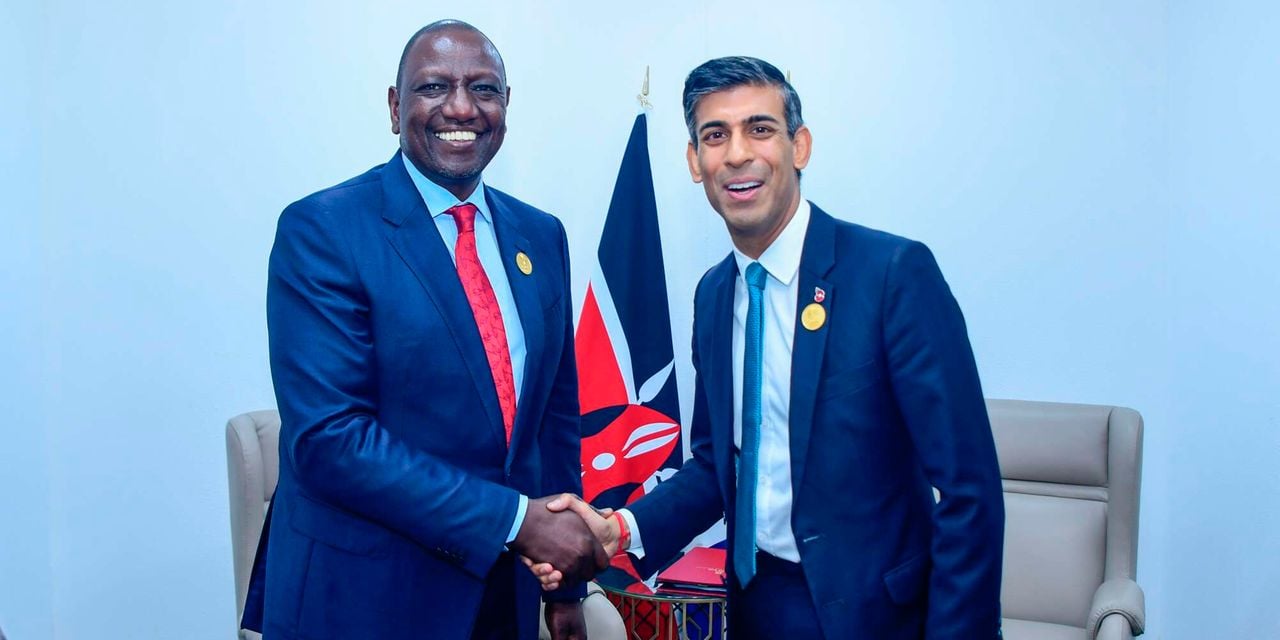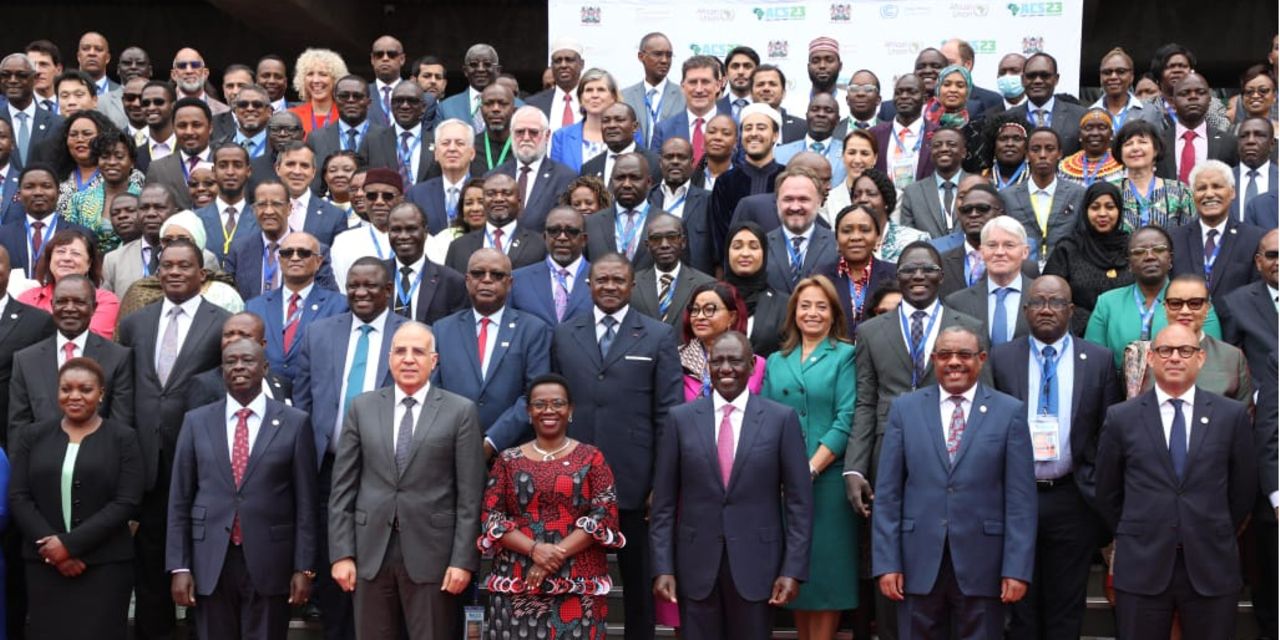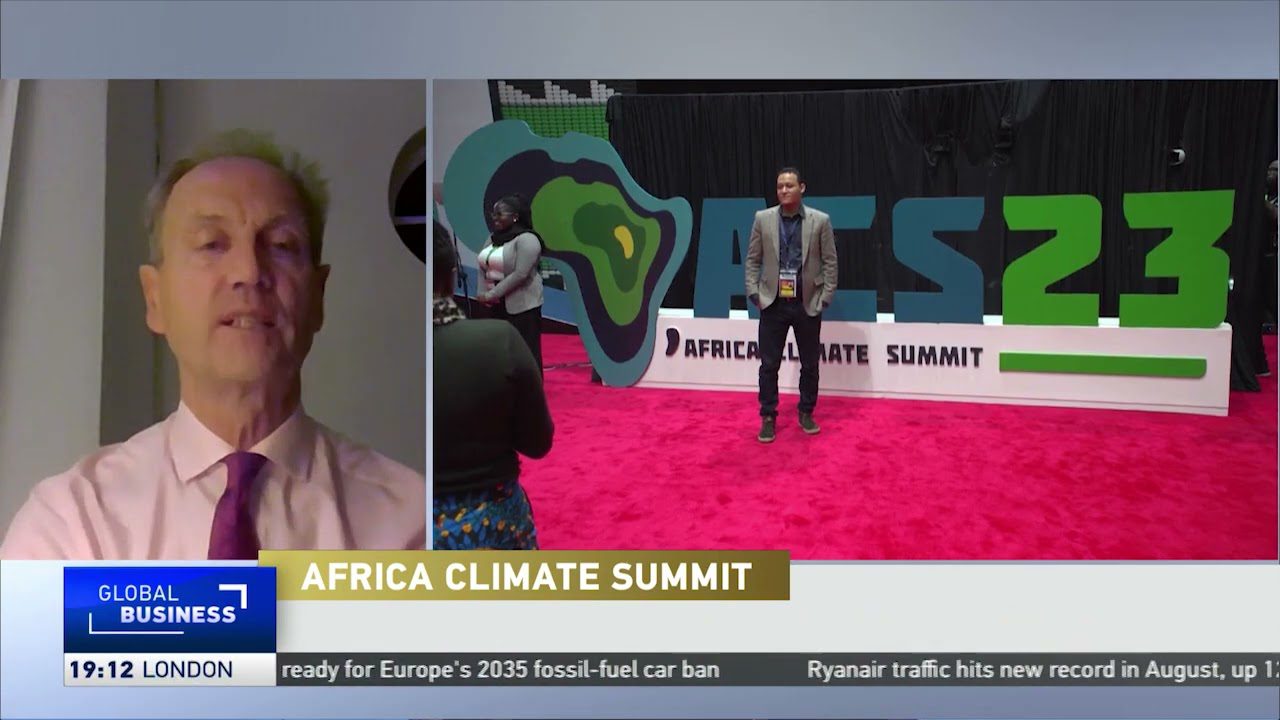- First-ever green bond issued in Sub-Saharan Africa designated for clean cooking financing.
- Proceeds from the green bond will accelerate the distribution and adoption of sustainable cooking solutions to households across Africa.
Nairobi, 27th October 2023… BURN Manufacturing (BURN), the world’s leading clean cookstove manufacturer, distributor, and carbon-offset project developer, announces the issuance of Sub-Saharan Africa’s first-ever green bond designated for clean cooking financing of USD $10 Million.
The proceeds from the bond will allow BURN to increase existing manufacturing capacity in Kenya as well as launching a new manufacturing facility in Lagos, Nigeria. Production will increase from the current 400,000 units per month to 600,000 units and will produce a range of life-saving biomass, electric and LPG stoves.
BURN stoves have been independently verified by reputable institutions such as University of Pennsylvania, University of Chicago, as well as through a comprehensive impact assessment survey conducted by Yunus Social Business. The stoves have consistently been proven to provide substantial health, financial, and climate action benefits. The funds from the Green Bond are poised to extend these benefits to an extra 2 million households in the year 2024.
“Our decision to issue the first green bond to support clean cooking underscores our strong belief in the power of financial innovation to drive positive environmental and social change. Leveraging benefits such as investment communities’ interest in green financing and potential tax advantages to investors, green bonds have gained considerable traction in recent years. BURN is excited to deploy this innovative instrument to catalyze sustainable development” said Peter Scott, CEO and Founder of BURN.
The bond issuance was supported by DRY Associated Limited acting as the Placement Agent. FSD Africa, a specialist development agency funded by UK International Development, played a key role in providing technical input on the bond framework and contributing technical assistance for the second-party opinion which was conducted by Agusto & Co., the leading Pan-African Credit Rating Agency and Green Bond Verifier.
Commenting on the announcement, Evans Osano, Director, Capital Markets, FSD Africa, said: “We are proud to have supported this landmark issuance, the first-ever green bond to finance clean cooking activities in sub-Saharan Africa. Biomass fuel is the main source of energy for cooking for the majority of households in Africa and the proceeds from this capital raise will support these households to transition to more sustainable alternatives. These are not only better for the environment but also have health benefits from the reduction of particulate and carbon monoxide emissions which particularly impact women given their greater exposure.”
Ikechukwu Iheagwam, Regional Director (East Africa) Agusto & Co. Said “We are delighted to have supported BURN Manufacturing in providing a Second Party Opinion (SPO) on this landmark issuance of the first-ever green bond to finance clean cooking in Africa. BURN displayed transparency in its pursuit to reduce greenhouse gas emissions following the very detailed scientific process backed by international standards and robust laboratory testing to ensure that the cookstoves consume less wood and charcoal fuel at ISO/IWA Tier 4 thermal efficiency ratings levels. While this project is expected to have a significant positive environmental impact in terms of tons of firewood saved and tons of carbon dioxide emissions mitigated for each stove manufactured, the catalytic social, financial, economic and health benefits are quite compelling.”
“Dry Associates is proud to be the Transaction Advisor on BURN’s Green Bond programme. The Green Bond programme underscores the opportunities available for fixed-income investments in Kenya to catalyze capital formation, employment, and economic growth. We are attracted to BURN for the leadership team’s focus, green finance acumen and the scale and professionalism of BURN’s manufacturing operation in Kenya. BURN’s export growth story is a stellar example that Kenya can indeed deliver quality to the world” added Reuben Mabishi, Head of Research from Dry Associates Investment Bank.
A 2022 report by the International Energy Agency on the Africa Energy Outlook suggests that achieving universal access to clean cooking fuels and technologies by 2030 requires shifting 130 million people globally away from dirty cooking fuels each year. The issuance of green bonds provides a crucial avenue for supporting this shift towards the adoption of cleaner cooking solutions for people.
The notes have been issued by way of a private offer to a select group of institutional and qualified investors in accordance with Regulation 21 of the Capital Markets (Securities) (Public Offers Listings and Disclosures) Regulations, 2002. An Information Notice has been provided to the Capital Markets Authority.
About BURN
Founded in 2011, BURN was created with the aspiration to save lives and forests by revolutionizing the clean cookstove sector. While traditional, inefficient cookstoves can bankrupt families, damage their health and destroy forests, BURN’s best-in-class stoves can save families money on fuel, limit indoor air pollution and protect forests. BURN is now Africa’s leading clean cooking company and one of the only carbon-offset project developers to cover the full carbon value chain, from project design and in-house monitoring to credit issuance. Headquartered in Kenya and with direct operations in 10 African countries, BURN employs 2,500 people across Africa. The company has made and distributed over 4 million clean cookstoves, transforming the lives of over 22 million people and avoiding 17 million tons of CO2 from entering the atmosphere. Learn more at burnstoves.com.
About Agusto & Co.
Agusto & Co. is the leading Pan African credit rating agency and a business information provider, with offices in Nigeria (Lagos), Kenya (Nairobi) and Rwanda (Kigali). Agusto & Co. was licensed by the Capital Markets Authority (CMA) of Kenya as a Credit Rating Agency in 2013. The company is a foremost research house and an expert voice on the major economies, industries and businesses operating in sub-Saharan Africa. Agusto & Co. is an Approved Verifier by the Climate Bonds Standard with the capacity to perform verification of green bonds, projects and assets in Africa. Also, Agusto & Co. is one of the companies that have voluntarily aligned with the International Capital Market Association’s (ICMA) Guidelines for External Reviewers for the adoption of Green Bond Principles, Social Bond Principles, Sustainability Bond Guidelines and Sustainability-Linked Bond Principles.


